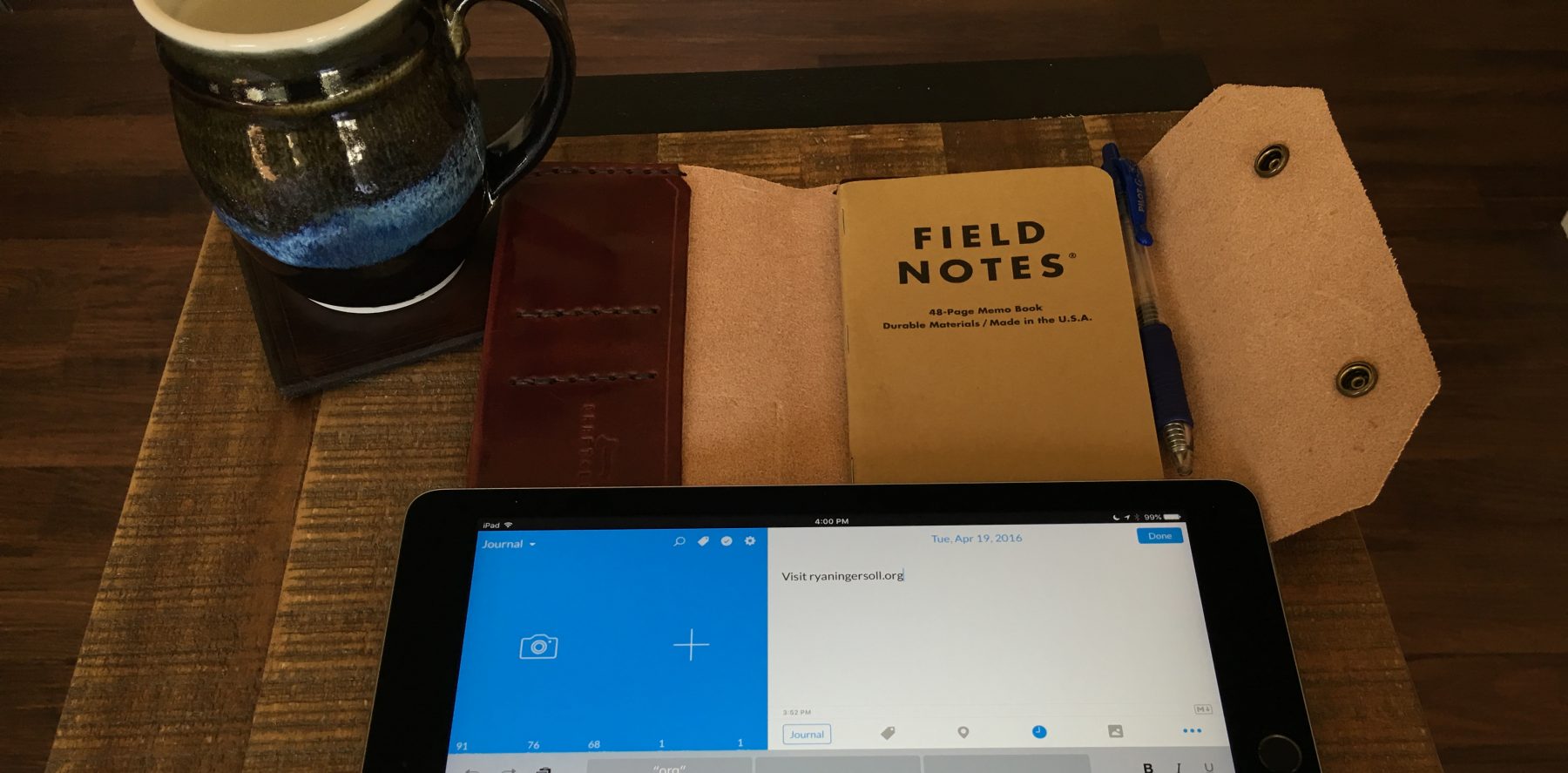The end of the quarter is quickly approaching and only a few assignments left to edit and submit to complete the inaugural quarter of SPU’s new digital education leadership MEd. Reflecting on this past quarter I find there are two main pieces of information that might be helpful for future students to successfully complete their first quarter. First, students should approach the program with an attitude of flexibility and willingness to adapt. Second, students are entering a program that promotes the healthy and balanced use of digital technology where conversations, whether in physical encounters (offline) or in digital spaces such as Google Hangouts (online) are the primary tools for learning. My advice is to enter those spaces with energy and willingness to participate fully.
Flexibility
As an educational technologists I am very aware of the unreliability of technology. Even with proper planning, data backups, and the best software our personal technology devices can always fail or slow to a snail’s pace for, what seems like, no reason at all. Knowing this reality I find it helpful to plan ahead, have backup plans (yes, more than one), and be ready to function without digital technology tools!
Similarly, this program requires the ability to adapt and exercise flexibility as a student. I believe the experiences are all learning opportunities and approached with the right amount of flexibility and ability to adapt the experience is enriched. For example, this quarter we experimented with Google Classroom as the main learning management system (LMS). Google Classroom is a new LMS available to education institutions for free. While there are many features I appreciated about Google Classroom, there were endless small issues and annoying features (such as requiring yet another Google account). However, using Google Classroom proved to be a very helpful and useful experience because it provided first-hand experience with a tool that we might use in our school environments, need to provide recommendations to our school leadership, or need to support faculty who might prefer it.
Put differently, the ability to be flexible and adapt are crucial skills to have while starting in the digital education leadership program. These skills, which are also emulated by the professors, assuage the pain of stressful situations, prepare us for when technology doesn’t work just right, and helps others keep calm and tech on, of course!
Participation
Finally, the next skill for successful digital education leadership students is the willingness and ability to dive into the program and engage in lively conversations whether around tables in Peterson Hall or through pixels in Google Hangouts. I’ve found our class sessions to be a highlight of my week. The robust conversations are full of deep questions, inquisitive ideas, helpful suggestions, and authentic community.
I recommended that future DELers, dive headfirst into the conversations, participating by sharing knowledge and expertise, listen well to the stories and ideas of others, and, most of all, collaborate with the cohort to form community, and brainstorm new ideas to create new knowledge together.
The skills of flexibility and participation will increase what a future DELer will get out of the program and I’ve found that these two skills, that I do still need to develop further, help shape and better prepare me for educational technology work and, in general, a better collaborator with colleagues.
